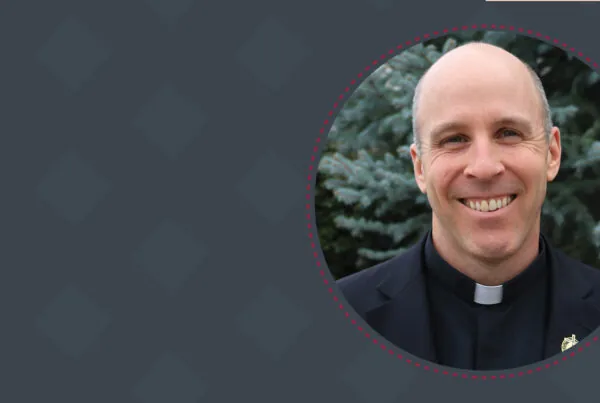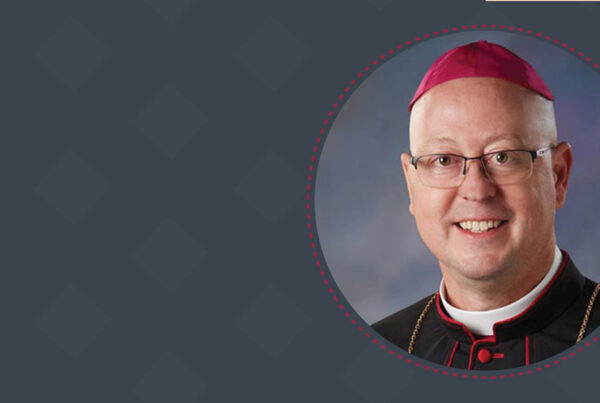According to the Center on Philanthropy, donors that make planned gifts also increase their current giving. Planned giving provides short- and long-term benefits to your organization.
Starting a planned giving program is a vital step in securing a strong financial future for your organization.
Here are five key steps to beginning your planned giving program:
Educate your constituents: Between half and two-thirds of Americans do not have an estate plan in place. Encouraging your donors to sit down and map out a plan is good advice for any family and presents an opportunity for your organization to receive a planned gift.
Some of our clients offer donors the chance to speak with an attorney and get the ball rolling, free of charge. If you have an estate planning lawyer on your board or among your volunteers, ask him or her to donate a few hours to work with donors on the basics of estate planning. A free seminar on the topic is another way to jump start this effort.
Write sample bequest language: Now that your donors and volunteers are thinking about their estate, make them aware of how easy it is to make a gift to your organization through their will. Most planned gifts are simple bequests. Work with an attorney and have sample bequest language put together.
Share this language with your donors and staff. This sample language will make it that much easier for a donor to leave a gift to your organization.
Get your leadership on board: No program is going to work without the blessing and continued encouragement from your leaders. Start with an internal education program for your board of directors and staff on the power and possibilities of planned giving. In addition, board members are prime candidates to be among the first to make a planned gift.
Check for current planned gifts: This may seem obvious, but it is possible your organization is already in the will of a donor and you just don’t know it yet! Do a quick survey of your donors and volunteers to discover what planned gifts are in the pipeline. Once you learn of these gifts, make sure to show your appreciation and cultivate your donors appropriately.
Honor those that make a planned gift: As you start to receive planned gifts, make sure to recognize those that have donated. It will reward the generosity of the donor while serving as a reminder to others that making a planned gift is an option. Recognition options include legacy societies, donor walls, naming opportunities and public recognition at your special events.
I encourage you to contact me if you have any questions regarding planned giving and the professional services of the Steier Group.




